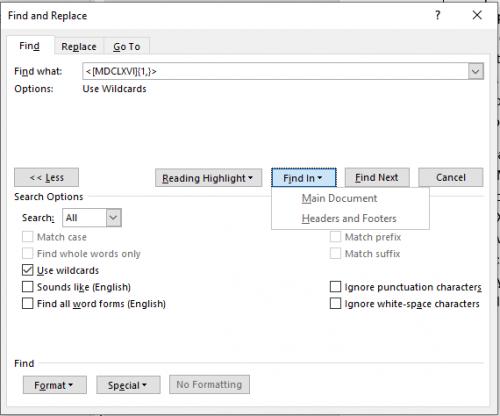Many people probably remember their first car as clearly as they can recall their first kiss. In modern times, a car represents freedom and liberation, the ability to travel and escape from the daily grind. It also presents a new level of financial responsibility as owning a car can be a valuable asset in your portfolio.
For those looking to purchase their first car, the experience can be exceptionally nerve-wracking and unfamiliar. There's so much to learn in terms of negotiating a good deal, applying for financing, and of course, finding a good reliable vehicle to suit your lifestyle—you'll probably want it to look good too. Here are some tips on what to consider when you're looking for your first car.
Old vs. New
Most first-car owners will probably be looking at purchasing a used car as they are more affordable and often less stressful to maintain, especially if you're still a relatively inexperienced driver. If you're looking to purchase a used car, do a thorough check of the vehicle's history to be sure it's clear of any outstanding debt and that it doesn't have any mechanical issues.
Financing
If this is one of your first major purchases, chances are you'll be looking for some type of car financing. Financing on used cars is possible, but the vehicle should be less than seven years old. Otherwise, you might look into getting a personal loan to purchase an older car, as most lending institutions won't offer car financing on older models. If you don't have a thorough credit history, consider finding a family member to co-sign your car loan.
Inspection and Test Drive
Whether you're visiting a dealer or looking to buy from a private seller, you'll want to inspect the potential vehicle, preferably in daylight so any defects and dents will be clearly visible. Take along a more experienced car buyer if you can or you can arrange for a mobile inspection from a qualified mechanic. Check for any signs that the vehicle has been in a substantial accident as well as any tell-tale leaks or indications that there could be engine trouble. Take the vehicle for a test drive to get a better feel for how it handles and performs. Don't make or take an offer immediately following your test drive, but go home and do some research to determine how much the car is actually worth.
Negotiating
When you're ready to make an offer, don't be afraid to negotiate for a better deal. Determine what the car is actually worth and work your way up from that figure. Be firm but fair and play dealers off one another in the hunt for a good price. If you don't get too attached to any particular vehicle, you should be able to negotiate a good deal on your first vehicle purchase.
Shopping online for a car can be both quick and easy. Even so, an online shopper must remember the basics of automobile ...
Discover MoreIt can be extremely frustrating to find that the new for you used car you just purchased is nothing more than a lemon. ...
Discover MoreCongratulations! You have been told that you are going to have a family, this is great, this is...uh, oh. This means that ...
Discover More2023-03-25 23:45:41
Tomek
Correction to my post of 2023-03-25 23:42:01: In the search term there is no space in the front; I replaced it with < for more robustness.
2023-03-25 23:42:01
Tomek
In case the macro based solution is not acceptable, (e.g., when the IT department blocks macros), may be the following approach would work :
1. Press Ctrl+H. Word displays the Replace tab of the Find and Replace dialog box.
2. Select the Find Tab.
3. In Find What: box type in "<[MDCLXVI]{1,}>" (without quotation marks, note the space in the front).
4. Check the "Use Wildcards" box.
5. Click on the button "Find In ▼" and select "Main Document". (see Figure 1 below) . This will select all occurrences of roman numerals (in capital letters, and separated from the text by spaces or other word delimiters; this is because of < and > in the find term.
6. Close the Find Dialog box.
7. Use the keyboard shortcut Shift-F3 to convert all the selected pieces of text to lowercase.
8. While the roman numerals are still selected, press Ctrl-D (or select Font down-arrow from the Home Tab on the ribbon). In the Font dialog box, select the Small caps check-box and clickOK.
That should do it. It looks harder in description than it really is.
NOTE: This approach depends on the roman numerals being capitalized and looking like a word. Beware, the process will convert some all-capitalized words, like MIX, CIVIL, MILD, etc., and in particular I into small caps. The last one (I) should be caught by the spelling checker though. For the rest of potential words, you may want to review for them while the affected text is still highlighted. Alternatively you may search for
"century [MDCLXVI]{1,}>", change it all into lowercase (Shift-F3 twice), and Small caps, then search for all occurrences of the word "century" and revert to normal font.

Figure 1.
Copyright © 2023 Sharon Parq Associates, Inc.
Comments